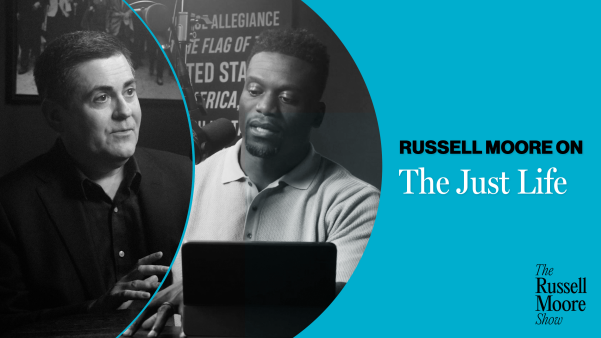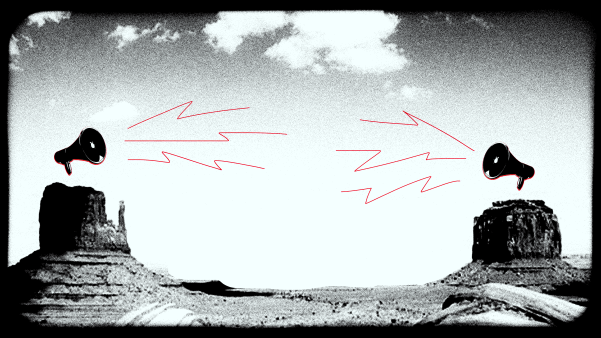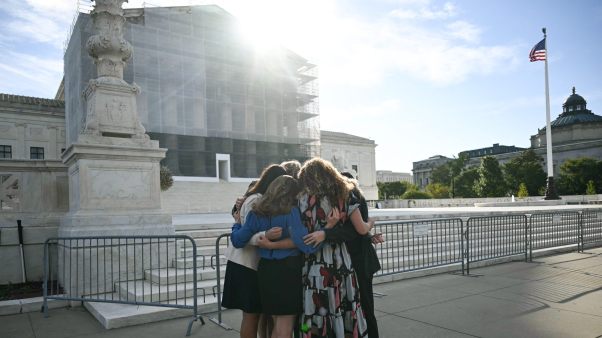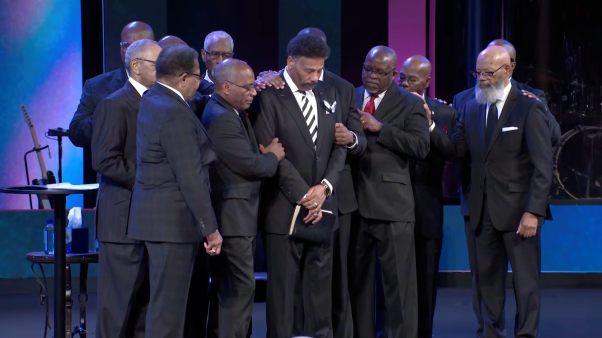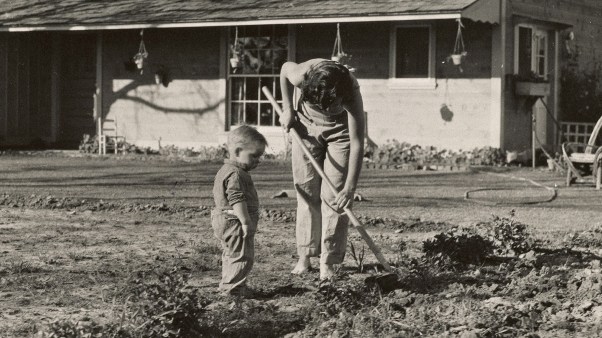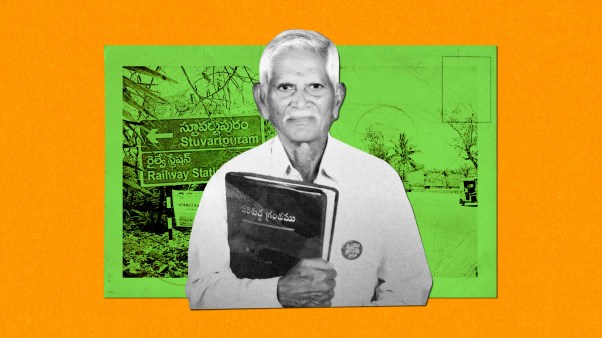If you really love Jesus, don’t honk!
I thought for a while that there was something wrong with me. A part of me was pleased with what I shall term the “divine détente” that appeared to be developing quite rapidly in Christian community.
However, an uncomfortable question mark tended to hover over what seemed to be not so much détente as impropriety in the expression of our relationship with the diety. God is our personal God; Jesus did say that we are his friends; the Savior used the familiar “Abba” when speaking of the heavenly Father.
Yet the model prayer opens the gates of heavenly communion by stating that the name of the One upon whom we call is “hallowed”: holy, consecrated, sacred, revered.
In an attempt to break from errors embraced by some traditionalists, is it possible that many in today’s church have also unwittingly tossed aside basic tenets of our faith? In an honest desire to take the church into the streets—and rightly so—are we dangerously close to bringing the streets into the church? The language of today’s liturgy often gives indication that holiness is passé, and we must be careful that we not season our speech with terms that might sound sacred.
The old cliché “is nothing sacred anymore?” becomes all too real.
In a recent editorial, a Catholic leader, John Catoir, expressed something of the same concern. “Worship cannot be reduced to a coffee klatch where people can smile at one another and feel chummy. We should realize that we are participants in a mystery to which we adhere by faith.… Speech has much to do with language. After all, speech is the language of communication. To convey a sense of mystery one can hardly use the same language spoken at a cocktail party.
“Today, unfortunately, the language of worship has become dull, prosaic, without fire of life.… A return to old language is not the answer, a return to poetry is.”
I was greatly encouraged to find a kinship in my own thoughts expressed so beautifully by a fellow traveler. For months my spirit had been reiterating the same idea: Bring back the poetry!
At a mass youth conference where my late husband and I were scheduled to speak, a popular young minister chided the gathering, “You aren’t enthusiastic! Look at you, sitting there so calmly. You don’t act like this at the ball game!” (No, they don’t, and they were not at a ball game.) The well-meaning minister proceeded to lead some 2,000 youth in a loud, rousing “yell for Jesus.”
“Gimme a J! Gimme an E!”
As the multitudes moved the stadium into the sanctuary, I cried silently, “Bring back the poetry.”
In a small Bible study group, a 60-year-old woman who is gaining increased popularity as a leader in the Christian community told a group of mature women, “We are kids of the King, and isn’t that neat?”
I cringed inwardly. As a child of the Creator-God and joint-heir in his kingdom, I am immensely grateful. Being called a “kid of the King” is not a “neat” concept of my faith at all. Bring back the poetry!
One senses that society today is grown weary with plastic people trying to sell to a passive public a holy God with unholy speech. No wonder honest seekers become confused. How easily can the Divine be defined when his person and his message are parroted in the language of the coffee klatch or a stadium cheer or in the current vernacular offered by Nielsen’s number one?
When well-meaning believers are purporting that we address “Daddy God”; when the Christian community calls upon others to “honk” if they know Jesus; when that redemptive faith that cost the very life of the Son of God is labeled as “really neat,” I continue to struggle with mixed emotions.
I sincerely rejoice in the fact that Christians have moved from a lethargic silence into ministry and service. Yet, I do believe that I join multitudes of the faith who applaud outwardly yet plead inwardly for the church to return to a language that defines the Divine.
Bring back the poetry.
Elaine Herrin is assistant director of public relations with the Georgia Baptist Convention. She is a former missionary and high school English teacher, and author of Two for the Show (Convention Press, 1979).



